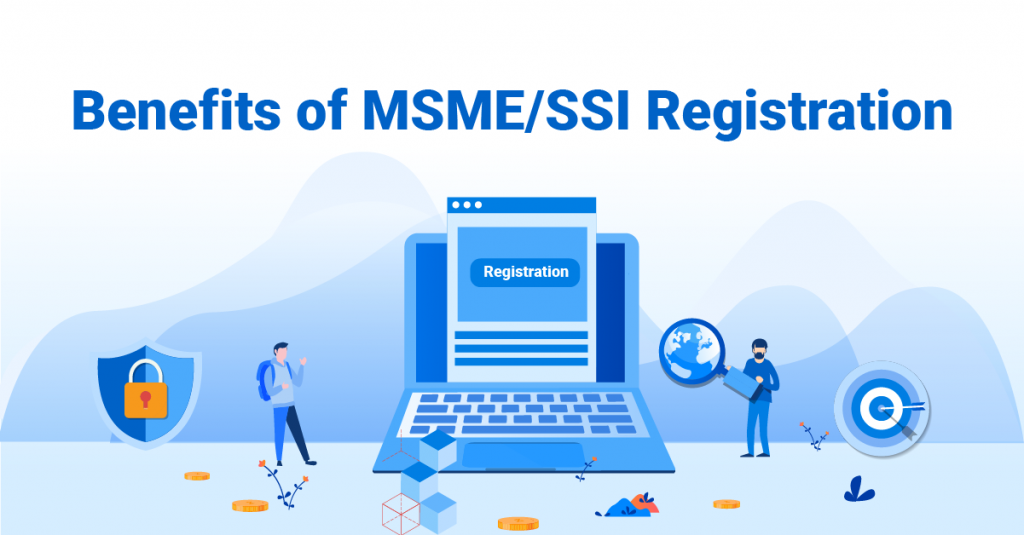Various reports say the battery market in India is about to grow at a CAGR of more than 15% by 2030. Multiple reasons are attributed to this growth, such as urbanisation, the growing automotive industry, technological advancement, and, most importantly, one of Modi’s Panchamrit promises, i.e. India will reduce its projected carbon emission by one billion tonnes by 2030.
The mass use of batteries eventually leads to waste generation. Batteries Recycling is a growing concern as many discarded batteries eventually end up as garbage disposal. India already had a law with limited scope in place to handle and dispose of the batteries, i.e., Batteries (Management and Handling) Rules, 2001 (“Old Rules”). Under these rules, the consumers were required to return the used batteries, and manufacturers, assemblers, and importers were required to collect the used batteries and hand them over to registered recyclers. The older version of the law covered only lead-acid batteries.
Hence to cover the wider scope, the new rules Battery Waste Management Rules, 2022 (“New Rules”) were introduced in 2022.
Indian Battery Market Segment-
The Indian battery market segment can is divided into two segments one is Technology/Product and another is Application.
Technology/Product
- Lead Acid
- Lithium-Ion
- Nickel Metal Hydride
- Nickel-Cadmium
- Others
Application
- Automotive (EV etc.)
- Industrial (telecom, UPS etc.)
- Portable (Consumer electronics etc.)
- Others
Applicability of the New Rules on the Indian Battery Market Segment-
The New Rules cover all types of batteries, including electric vehicle batteries, portable batteries, automotive batteries, and industrial batteries, irrespective of the shape, volume, weight, material composition and use.
These New Rules apply to entities involved in the manufacturing, collection, segregation, transportation, refurbishment, and recycling of waste batteries.
The entities falling under any of the above categories are required to obtain registration from CPCB. These entities have been assigned with additional responsibility, i.e., Extended Producer Responsibility (“EPR”) for Environmentally sound management of Waste Batteries.
Various Stakeholders under the New Rules-
The New Rules have defined various stakeholders for efficient waste management. The Rules have prescribed a registration process for stakeholders and prohibit engagement with any unregistered entity. The main stakeholders are-
- Producer- means an entity that engages in-
- manufacture and sale of Batteries, including refurbished Battery, including in equipment, under its own brand; or
- sale of Batteries, including refurbished Batteries, including in equipment, under its own brand produced by other manufacturers or suppliers; or
- import of Battery as well as equipment containing Battery;
- Consumer- means the end user of Battery.
- Refurbisher- means an entity engaged in refurbishment, and ‘Refurbishment’ means repairing, re-conditioning, and re-purposing of used Battery for its second life.
- Recycler- means an entity engaged in recycling Waste Batteries.
- The entity involved in the collection, segregation and treatment of Batteries.
Responsibilities and Obligations of the Stakeholder-
- Producers- The producers have been assigned the below functions as their obligations under the New Rules-
- EPR for the Battery that they introduce in the market to ensure the attainment of the recycling or refurbishing obligations;
- Fulfilment of the collection and recycling and/or refurbishment targets for batteries made available in the market;
- Registration on the central portal, renewal of the registration before expiry and filing of annual returns;
- To ensure safe handling of Battery or Waste Battery such that no damage to human health and environment occurs.
- Consumers- The consumers shall have a responsibility to discard Waste Batteries separately from other waste streams, especially from mixed waste and domestic waste streams, and to ensure that Waste Battery are disposed of in an environment-friendly manner by giving them to an entity engaged in collection or refurbishment or recycling.
- Refurbishes and Recyclers –
- All refurbishers shall register with State Pollution Control Board on the centralised portal;
- Refurbisher shall not deal with any other entity not having registration mandated under these New Rules;
- Refurbishers shall ensure that refurbishment processes and facilities comply with the standards or guidelines prescribed by the Central Pollution Control Board.
- Refurbisher shall file periodic returns and information on the portal.
- Entities involved in the refurbishment and/ or recycling of Waste batteries registered under these rules shall provide a certificate for Waste Battery processing.
- The entities involved in collection, segregation and treatment shall hand over Waste Battery to a registered refurbisher or recycler and ensure that their facility is in accordance with the standards or guidelines prescribed by the Central Pollution Control Board.
Violation of the New Rules-
Environmental Compensation shall also be levied for the following activities based on the polluter pays principle, –
- entities carrying out activities without registration as mandated under these rules;
- providing false information / wilful concealment of material facts by the entities registered under these rules;
- submission of forged/manipulated documents by the entities registered under these rules; iv. entities engaged in collection, segregation, and treatment with respect to not following sound handling of Waste batteries.
- Non-fulfilment of obligations set out under these guidelines will attract penal actions under the provisions of section 15 of the Environment (Protection) Act, 1986, which talks about imprisonment or fine or both.
These New Rules definitely set the road for new entrepreneurship opportunities in the Indian battery technology space. However, the stakeholders must be more compliant and vigilant in this space.
If you are looking for any support w.r.t registration and compliance in the domain, please feel free to contact us.
Happy Reading!
Shilpi Kulshrestha




